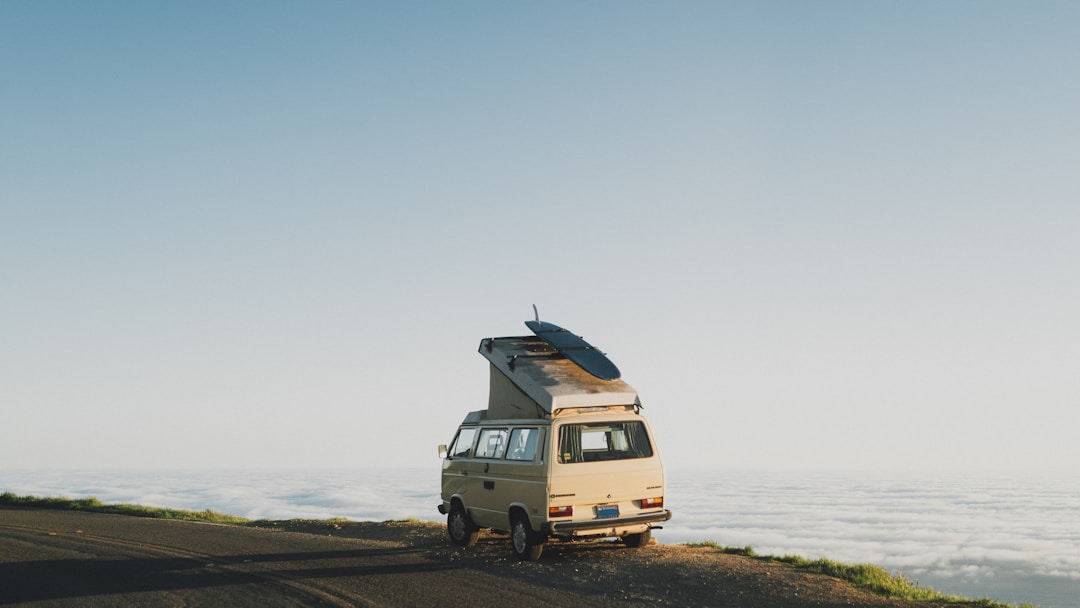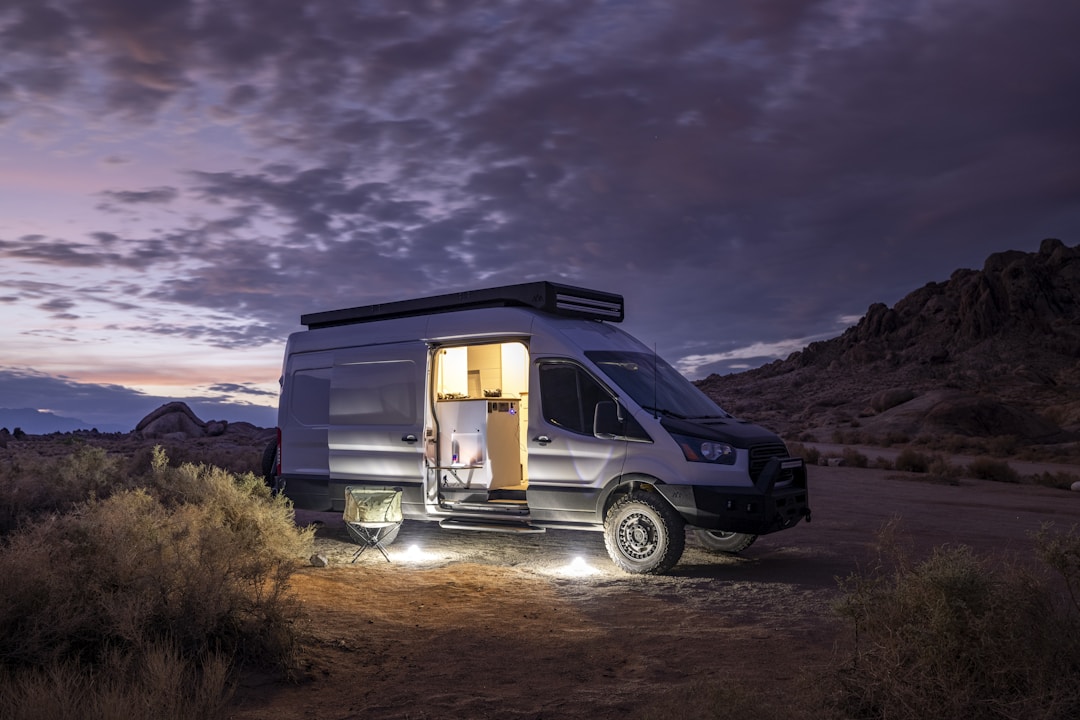Unfolding the joys and adventures of full-time road life often comes with duties and tasks you will need to take care of. Right from planning and packing your travel vehicle, and hitting the roads to setting up a home in your recreational vehicle (RV), the whole process demands meticulous thought-out strategies, efficient budgeting, and effective living solutions. This article delves as your comprehensive guide into the fascinating world of full-time road living, describing practical insights that make your life on wheels an exciting yet secure journey.
Understanding the Nomadic Lifestyle

Living on the road full-time is not merely about non-stop traveling but cherishing the spirit of adventure and freedom. At the heart of this concept lies the idea of being nomadic, drifting through various places, new cultures, and landscapes, while experiencing a self-sustainable lifestyle. As a beginner, it might seem like a daunting project, but the key is in the preparation.
If you’ve decided to spend your life on wheels, your primary home would be an RV. Understanding the RV extended warranty cost, the overall investment in an RV, its maintenance, or handling unexpected issues on the roadway are some of the aspects you need to address. An extended warranty acts as a shield against unexpected and costly repairs. Just like any other vehicle, an RV is prone to mechanical breakdowns, electrical issues, and other unforeseen problems. Without an extended warranty, you may find yourself facing hefty repair bills that can quickly put a dent in your travel budget.
Before embarking on this journey, understand your reasons for choosing this lifestyle. Whether it’s your love for traveling, an escape from the city’s daily hustle, or a quest for freedom and simplicity, your motivations will drive your experience. It’s a lifestyle choice that requires distressing, grounding, patience, and immense adaptability to new environments, weather conditions, and cultures.
Choosing the Right Vehicle
Choosing the right vehicle is another crucial step toward the full-time road-living dream. Your vehicle is not just a mode of transportation. It’s your home, and it needs to be comfortable, reliable, affordable, and capable of withstanding long journeys. Different types of RVs like class A, B, and C motorhomes, or travel trailers are available in the market, and choosing one depends on your needs, budget, and lifestyle. Take time, do diligent research, visit some RV shows, or rent out different RV models before making your final choice.
While selecting an RV, give consideration to the size, living space, storage capacity, fuel efficiency, and towing capabilities. Are you planning to travel alone or with family? Are you going to stay mostly in urban areas or rough terrains? Your travel and lifestyle preferences hugely influence your vehicle choice. For instance, if you’re traveling alone, a small, compact camper van could be a perfect fit, while for family trips, a motorhome with dedicated sleeping, cooking, and living space might be the right choice. You may also need to winterize the vehicle if it isn’t already.
The cost of the RV isn’t your only expense. You have to understand the maintenance, repair, and potential breakdown costs associated with owning an RV. For this, consider getting an extended RV warranty, which can cover substantial repair costs and offer peace of mind during your travels.
Maintaining Your RV

Mastering RV maintenance is one of the key aspects of full-time road living. It can save you from inconvenient breakdowns and hefty repair costs. While an RV warranty covers certain repairs, periodic maintenance of your vehicle’s engine, brakes, tires, batteries, and exterior can help avoid unnecessary hassles on the road. Regularly check your vehicle’s oil, coolant, and brake fluid levels. Ensure the tire pressure is right, and they’re in good condition.
Keep your batteries charged and clean. In addition, maintain the interior of the RV. Regular cleaning helps prevent pests and keeps your living space tidy. It’s advisable to have a detailed maintenance checklist and follow it rigorously. Repairing small stuff by yourself can also save you some money, but do not hesitate to seek professional help for complex repairs. Prioritize your safety always. You should have a first-aid kit, fire extinguisher, and emergency tools, just in case of any unforeseen circumstances.
Planning Your Travel
Your journey will be unique. It might be a route charted across national parks, a coastline drive, or maybe a cross-country expedition. When you plan your travel, consider factors like weather conditions, local regulations, safety, and availability of campsites. Use maps and navigation tools to outline your route. Still, while sticking to the plan is important, be ready for spontaneous detours – they often lead to the best adventures!
Full-time living also means part-time traveling. Consider staying at a particular place for a couple of weeks before moving to the next. This can reduce travel fatigue and give you a chance to explore the local community and culture. Plan out attractions and activities you want to do in each place and make memories that will last a lifetime. Stay vigilant about safety. Whether you choose to stay in an RV campsite, a national park, or a boondock location, always lock your vehicle, even when you’re inside. Keep a check on your possessions and stay cautious of your surroundings, especially if you’re boondocking.
Budgeting Your Experience

Budgeting is a major aspect of your new lifestyle. It determines how far you can go and how long you can stay on the road. Make a detailed breakdown of your expenses, including food, fuel, vehicle maintenance, insurance, the cost of campsites, or boondocking areas, leisure activities, and miscellaneous expenses. It’s advisable to have savings for emergencies and unexpected costs. Weigh your expenses against your income. If you’re a digital nomad or have a source of passive income, it’s an advantage.
If you’re planning on sustaining just from your savings, you need an exhaustive budget plan that includes every big and small expense. Cut down your costs wherever possible. For instance, cooking your meals rather than eating out every day or opting for free boondocking sites instead of costly campsites can significantly save money. Remember, unexpected costs do come up, so an emergency fund is useful. Your RV may need a sudden repair, or fuel prices might go up. Ensure your budget is flexible enough to accommodate such unexpected costs. This way, you can avoid stress and enjoy your time on the way.
Staying Connected

Being on the road doesn’t mean you have to lose touch with your people. In today’s connected world, it’s pretty easy to keep in touch with your family and friends. Many mobile providers offer country-wide coverage, and Wi-Fi is available at numerous public places and campsites. Besides, the internet allows you to remain connected with a larger community of full-time road dwellers. There are numerous platforms where RVers share their experiences, exchange advice, or arrange meet-ups.
The online sphere also offers remote work opportunities that could support your nomadic lifestyle. However, do not get consumed by the digital world so much that you miss out on the real world outside your RV door. Striking a balance between real-world experiences and digital world commitments is key to enjoying your time on the road.
While living life on the road may have its challenges, such as the need for careful planning and the occasional unpredictability, the rewards are unparalleled. It offers a fantastic way to experience the world, fostering personal growth, and creating memories that will last a lifetime. So, if you’re seeking a lifestyle that combines freedom, adventure, and a deep connection with nature, living in an RV might just be the perfect choice for you. So, plan well, travel safely, and enjoy the journey!
